Competitive video games are unique in that they offer an international field of play. Unlike soccer or football, video games let you play the best in the world without having to travel, creating an international dialogue of play and growth. For Splatoon 2 players though, the current matchmaking system hinders that exchange of ideas, a significant hurdle for an already small scene.
Servers in Splatoon 2 are, as far as anyone can tell, determined the host’s geographical location. Matchmaking will seek to pair players with others within a certain threshold of ping. While this has resulted in better quality and less lag for the average player, it’s created frustrations for a competitive community that seeks to play outside its various regions.
In games like Overwatch, you can select which servers to play on. In League of Legends, you can make an account on another region’s server. While Splatoon 2 offers international matchmaking in private battles, which are custom matches set up by players, the queues for ranked and league battles are seemingly limited to your geographic region.
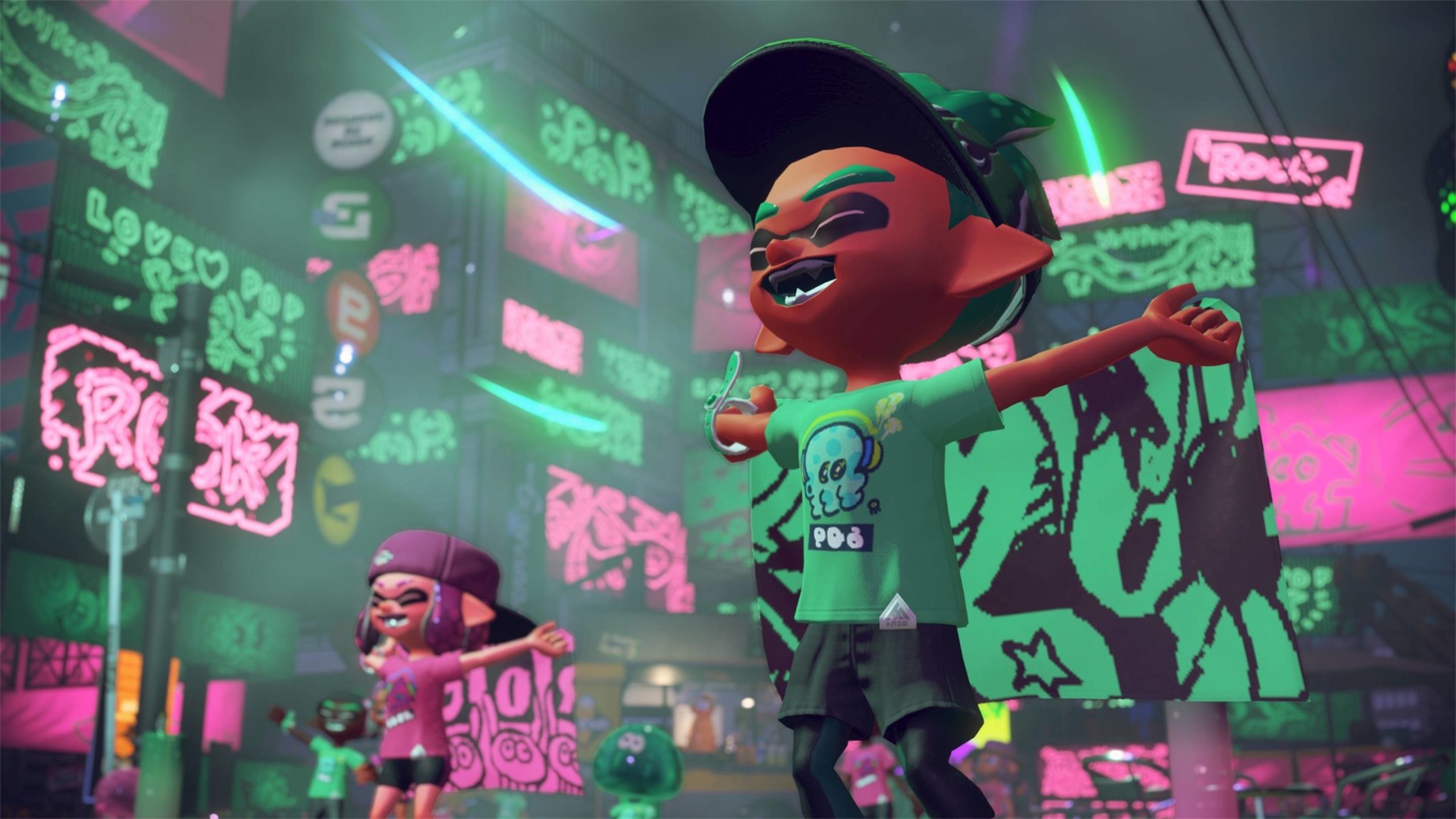
Competitive Splatoon players regularly compete in ranked and league queues, two separate matchmaking modes that register your skill level over time. In theory, this should make sure that you’re matched with players as good as you are, but when combined with region-locked matchmaking, it can lead to long wait times for a match and, sometimes, an inability to find matches for high-level teams looking to practice.
In other cases, the region lock combines with the rankings to create a closed matchmaking system. Since there are only a handful of teams searching at any given time, those looking to play each other in ranked or league battles might often find themselves facing the same opponents over and over.
From Australia to areas like North America, this becomes a catch-22 of sorts — the better player you are, the harder it is to find matches against players at your skill level.
“You can find [a match] sometimes, but if you’re playing later on at night or something, just got off work or it’s 9 p.m., and you and your teammates decide to squad up, I’ve had it happen where we would play the same team four separate times over the course of seven games,” said Charles Whitehead, a North American Splatoon commentator and player. “That’s a hindrance, in terms of what you get out of that scenario.”
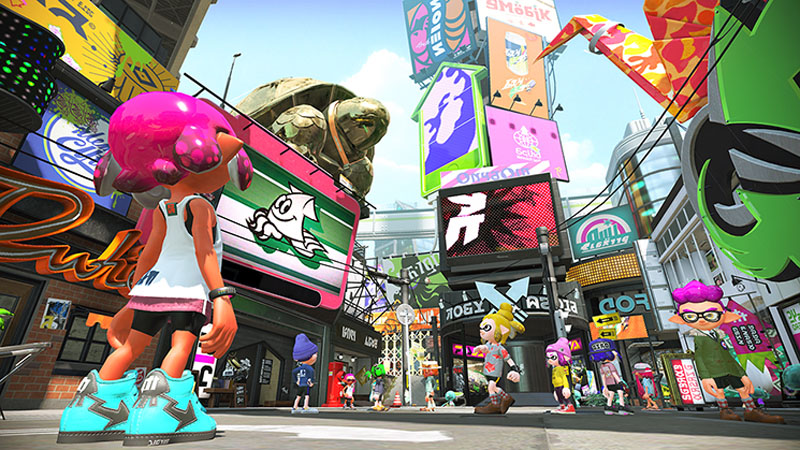
Compounding all of this is the fact that teams want to play the best, and those best are commonly considered to be in Japan. Players tell me that the Splatoon scene is generally divided up into two major portions: Japan, and the Western scene, which is everyone outside Japan. If you’re trying to compete with the best, you need access to them, which is difficult to manage within Splatoon 2‘s confines.
The technical details of how exactly Splatoon 2‘s matchmaking system works are, at this point, educated guesses. The players we reached out to for this piece didn’t know any specifics on how the matchmaking worked, and Nintendo did not respond to our inquiries on the matter.
Players have resorted to forming their own constructs for better competitive play. Much like the rising prominence of Destiny‘s Looking For Game channels, the Splatoon community has built several Discord servers and other methods designed to facilitate scrimmages and international play sessions.
Certain Discord servers, like Oceanic Squids for the Australia-New Zealand crowd, offer local resources for players looking to squad up, while international Discord servers help Splatoon players across the globe stay in touch. Some regions opt to use other tools — Japan, for instance, has several Twitter bots that auto-detect and retweet posts with certain phrases like “plzsp,” or “please splat” so that teams can scout each other and find squads to private battle.
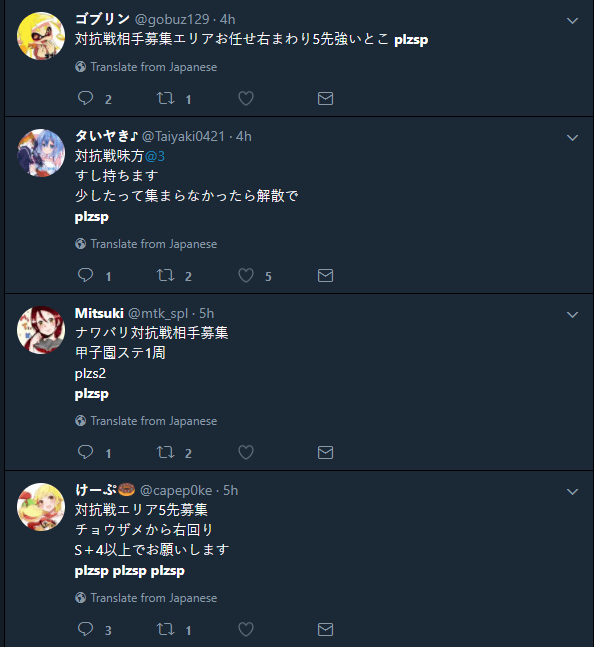
In other cases, players will find loopholes to the existing matchmaking to match up against strong opponents. Australian Splatoon 2 Angela “Bickibird” Scott told me that if her team queues up to play and the matchmaking can’t find any Australian or New Zealand players, it will sometimes match them with Japanese players instead.
Essentially, three American or European players can join a party created by an Australian host. Since the game uses the host’s region for matchmaking, this allows Western players to join the queue and play against Japanese teams. Given how highly-regarded the Japanese Splatoon scene is, this technical loophole has garnered Scott and other Oceanic players some attention from Western scenes further afield.
“We are the only sort of Western region that can play with the Japanese, I guess,” said Scott. “So we end up being a bit popular with North American and European players.”
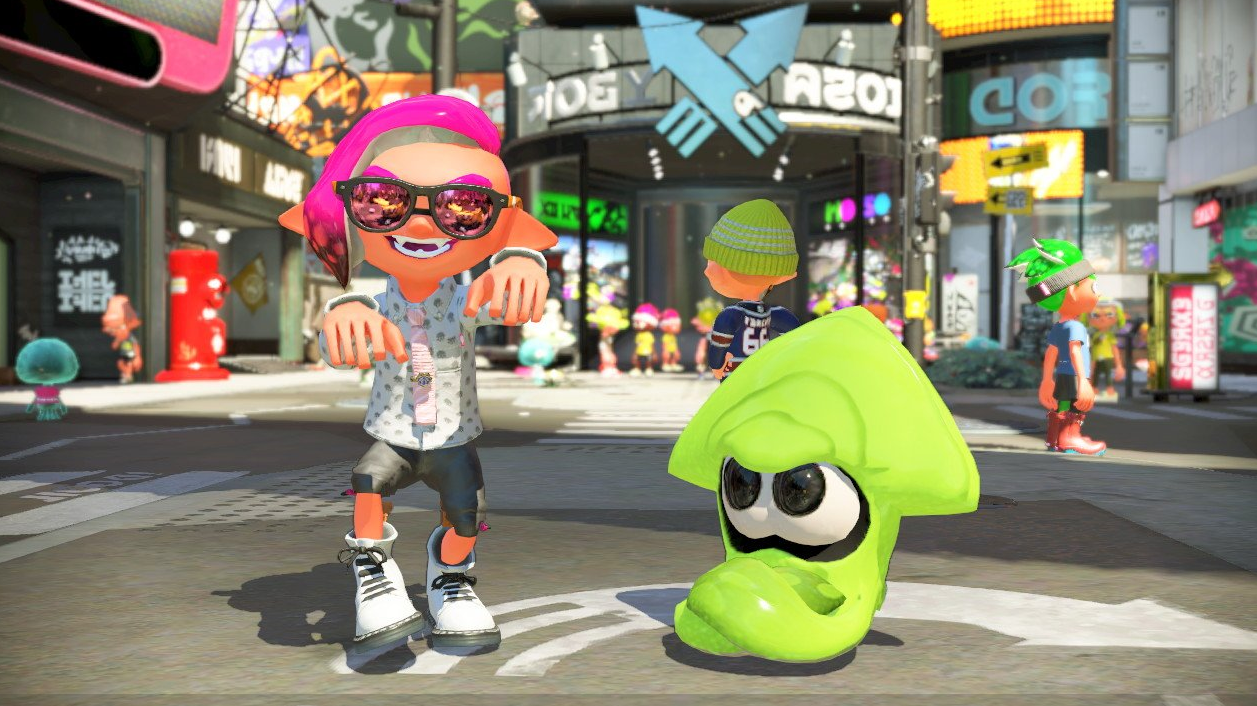
Kana Ide, a tournament organiser who goes by “Chiriyuki,” is one of several bridges between the Japanese and Western scene. She recently helped organise the Splat ChampionShip series, where 13 Western teams were invited to compete against Japanese rosters.
Both a language barrier and the region restrictions prevent frequent play between the two scenes, but both agreed to set up an official tournament in order to exchange Splatoon culture, using Discord, private battles, and translators like Ide to arrange the event.
Although the Western teams, for the most part, didn’t make it far, the organisers received feedback from both parties that they want more overseas competitions. Whitehead, who commentated the tournament, says opportunities like this are important for bridging the gap between regions.
“In a new game like Splatoon 2 where things are so different, that’s very, very important,” said Whitehead. “In the Splat ChampionShip, we saw rollers being used all the way up to grand finals, I believe there was a roller player in the grand finals. Unheard of in the Western scene.
If Western teams had not participated in that, if that had not been a documented tournament, that would not have happened. So I think it’s all the more important that Western teams get exposure to the Japanese teams and vice versa.”
These international tournaments take time and commitment, which can be difficult to manage without organisations dedicated to creating them on a regular basis. In the meantime, players are finding other ways to facilitate cross-regional play. Players like Scott and Sendou, a pro European Splatoon player, use methods like having a Japanese player host parties to get around the regional matchmaking.
This hosting trick has become popular among teams vying for the top of the league battle charts. League matches are a new feature that launched with Splatoon 2 meant to determine the best squads over a certain rotation, measured by points earned in a league match.
Teams want to play the best, and right now, most of those players are in Japan. Sendou is a regularly top-ranked player, but due to their location in Europe, their league battles end up being a little easier and less indicative of the actual top level of play.
“There has been cases where [my team] breaks the all-time high score in a rotation and yet never play the top 2 – 10 teams due to regional matchmaking,” said Sendou. “[…] Often there just simply isn’t enough teams playing. You might play 15 matches in two hours and meet only five unique teams, for example.”
“So it’s a really fun concept but suffering from overly strict regional matchmaking putting restrictions on who you can play against.”
Because of the regional divide in league battle rankings, the results of league battles aren’t always indicative of the best team in any given rotation. While some scenes thrive, others struggle to find teams at the same ranking level as its uppermost competitors.
“We just want to play against good players, and when we get on league battle, sometimes teams can only meet at 9 p.m. at night,” said Whitehead. “There has to be more than two other teams in the world playing Splatoon at 9 p.m. at night Central Time, but because of regional matchmaking, you can only access those two. I love the base game so much that it would never deter me from trying, but it absolutely frustrates me.”
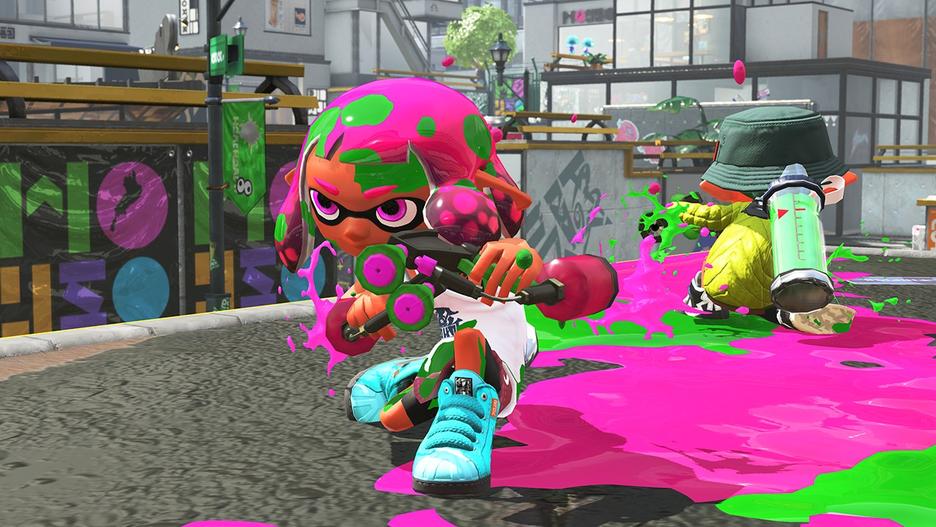
For players like Whitehead, regional matchmaking can be more than just an irritation. Scott’s team was disqualified and unable to compete in a tournament due to lag, exacerbated by not having an option for a neutral playing field by selecting a server to play on.
Finnish players like Sendou can only play at certain times of the day if they want to find matches, and those seeking to host competitions or to scrimmage with some of the best in the world have to ride along with the few souls willing to cart them.
For Australians, the kicker was the recent Splatfest, in which Japan had a separate event from the rest of the world.
Oddly, Australia and New Zealand, the Oceanic region, were moved to America’s Splatfest. The time zone disparity made it difficult to even play one of Splatoon‘s biggest events, and the strangeness meant the game was “pretty much dead” for Australian players during the festivities.
“Because there aren’t many Australian-New Zealand players to begin with, and like I said, the game matches us with Japanese if it can’t find anyone,” said Scott.
“So when Japan had their Splatfest, they were all playing in their Splatfest and we couldn’t fill our lobbies up with enough players. I think it’s strange we were matched with America, because when we want to play, they’re all asleep, and the other way around too.”
While the Splatoon faithful continue to grow their community, building up Discords and sharing helpful guides or offers to scrimmage, there is still that twang of pain that comes from working around a system that can make it difficult to play and compete at the highest level.
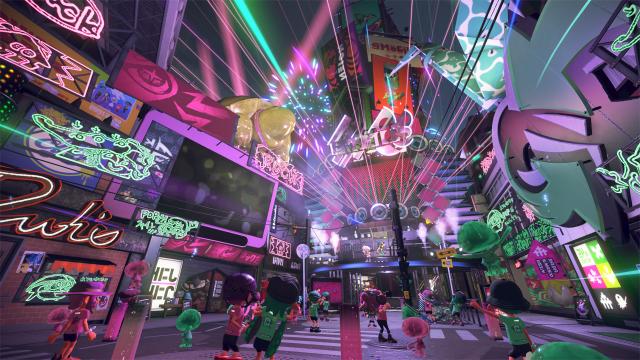
Comments
6 responses to “Splatoon 2 Players Across The World Say Matchmaking Is Making It Harder To Play”
Yet fire up Splatoon 1 and you can get into a game instantly.
Same with 2.
Nope, you sit there and it takes forever to assemble a lobby and frequently times out instead. Splat1 you can jump in now and it is instant. I mean proper instant, snap your fingers and it’s done.
What sort of modes are you playing? I’ve never had issues getting into a match for either bar the occasional long wait. I think I’ve had Splatoon1 fail to get a match once and 2 twice.
Any mode, really. And it’s not just me, friends from all around the country have commented on the same thing. Actually a bunch of us were at one friend’s place with terrible internet and we fired up Splat1 to show the one who hadn’t played it, and all of us at the same time had the same “holy shit!” reaction to how quickly the lobby filled up compared to what we’ve had the past few months in Splat2.
Weird, I get matched with Japanese players more often than not here in Perth.
I don’t give a shit about loading time, I think they should fix the fact that I’m a level 9 and I have levels 153, 154, and 87 in my lobby.